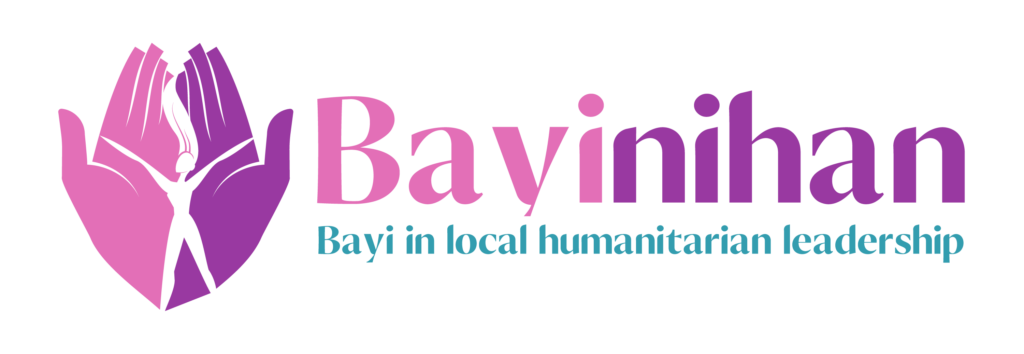Local Humanitarian Leaders Engagement
Given its geographical context and location, the Philippines’ is exposed to a myriad of natural hazards which are further aggravated by existing social and physical vulnerabilities. It is ranked as the eighth most disaster-prone country in the world in the 2021 World Risk Index. The Inform Severity Index which measures the severity of humanitarian crises against a common scale, the Philippines falls under high severity as driven by conflict and displacement in Mindanao and Typhoon Odette/Rai.
It has been noted that during times of conflict and disasters, local women’s organizations, local government, civil society and community-based organizations are first responders and fill in gaps that the national government is unable to address (Oxfam, 2020; Martin & de la Puente, 2018). In urban poor communities, women have been observed to be over-represented in disaster risk management, although unpaid and not always in positions of authority (Ramalho, 2019, p. 130). Grassroots women’s networks have also been active in gender-responsive disaster risk reduction and resilience building efforts in communities (Villaceran & Jimenez, 2020). Capacitating local humanitarian actors and leaders should then be a priority, especially if building on the belief that, “preparedness and response actions before, during and after a crisis should be led by local humanitarian actors whenever possible” to ensure a more inclusive humanitarian process (Oxfam, 2020).
Advancing an inclusive and gender-transformative local humanitarian leadership and action entails the re-examination of the diverse network of local actors on the ground, both formal and informal, and the dimensions of localisation: resources, agency, and ways of being (Baguios, 2021). At its core local humanitarian leadership and action is about the political right to self-determination (Slim, 2021). Understanding the ways of being of local actors represents a shift away from pre-defined frameworks and definitions, and allows an expansion of what constitutes local humanitarian action.
It is within this context that the present study aims to surface a localized, decolonial, gender-transformative awareness and understanding of local humanitarian leadership experiences to eventually influence policies that will encourage and capacitate local humanitarian leaders who are women and from gender minorities. It specifically aims to:
- Identify the barriers and opportunities for women and other gender minorities to take leadership positions in local humanitarian organizations or groups;
- Expand and deepen informal networks of WOs, LGBTQI organizations, and women leaders in the humanitarian sector;
- To develop an evidence-based practice model to understand the complex processes involved in capacitating and encouraging women and LGBTQI leadership in the humanitarian space;
- To ensure that intersectional feminist perspectives and principles are included and practiced in all stages of the project.
Research Questions
- How do local humanitarian actors in particular women, LGBTQIA+, and other marginalized identities experience and construct local humanitarian leadership and localisation? How does their lived experience as local humanitarian actors shape localized and decolonial humanitarian action?
- What are the barriers to participation for women, LGBTQIA+, and other marginalized identities in local humanitarian action and leadership? What are the best practices?
- How do gender and power norms, rules, structures, and dynamics shape local humanitarian actors’ experience of LHL and DRRM?
- How is humanitarian action and leadership shaped by global processes (i.e. colonialism, neoliberalism)?
- What gendered roles and power relations emerge across the different sites/dimensions of DRRM (disaster prevention and mitigation; disaster Preparedness; disaster response; disaster rehabilitation and recovery) and how do these intersect with local humanitarian actors’ identities and agency?
- In times of disaster, what are the varying experiences of vulnerability and resilience and how do these intersect with local humanitarian actors’ diverse identities?
Methodology
This study employs an arts-based research (ABR) approach which is defined as “research that uses the arts…to explore, understand, represent and even challenge human action and experience” (Savin-Baden & Wimpenny, 2014). Arts-based research is the adaptation of creative arts into various phases of research such as the development of the research focus and questions, research methodology, data collection and analysis, and dissemination and presentation of findings (Jones & Leavy, 2014; Savin-Baden & Major, 2013). Wang et. al (2017) identify the following ABR forms: visual art, sound art, literary art, performing art, and new media. These forms may be combined into a multiple forms approach.
This study’s community-led intersectional and participatory approach benefits from arts-based methods particularly in producing “multifaceted knowledge” and in creating new ways of knowing and knowledge-building (van der Vaart et. al, 2018). In creating a space for the shift in power imbalances between researcher and research participants through the co-creation that takes place as researchers conduct research with the participants instead of on them (Coemans and Hannes, 2017 in van der Vaart et. al, 2018), the arts-based research approach supports this study’s objectives to surface a localized, decolonial, and gender-transformative awareness and understanding of local humanitarian leadership. Notably, this approach is useful in “exploring the nuances of lived experiences and promoting dialogue” (Foster, 2012). The focus is on knowledge building that “reveals multiplicities, strengthens intersectional identities, creates accessibility, and tells the stories of those who have often been unheard or whose stories have been erased” (Flicker and Danforth, 2014) rather than seeking universal truths.
The project intended to surface a localized, decolonial, gender-transformative awareness and understanding of local humanitarian leadership experiences to eventually influence policies that will encourage and capacitate local humanitarian leaders who are women and from gender minorities. Watch and learn with us the new discoveries we found!
- (02) 920 6950
- programs@angatbayi.com
- University of the Philippines Center for Women’s and Gender Studies, Magsaysay Avenue, corner Ylanan Street, Diliman, Quezon City, 1101 Metro Manila

Copyright © Bayinihan 2022. All rights reserved.
